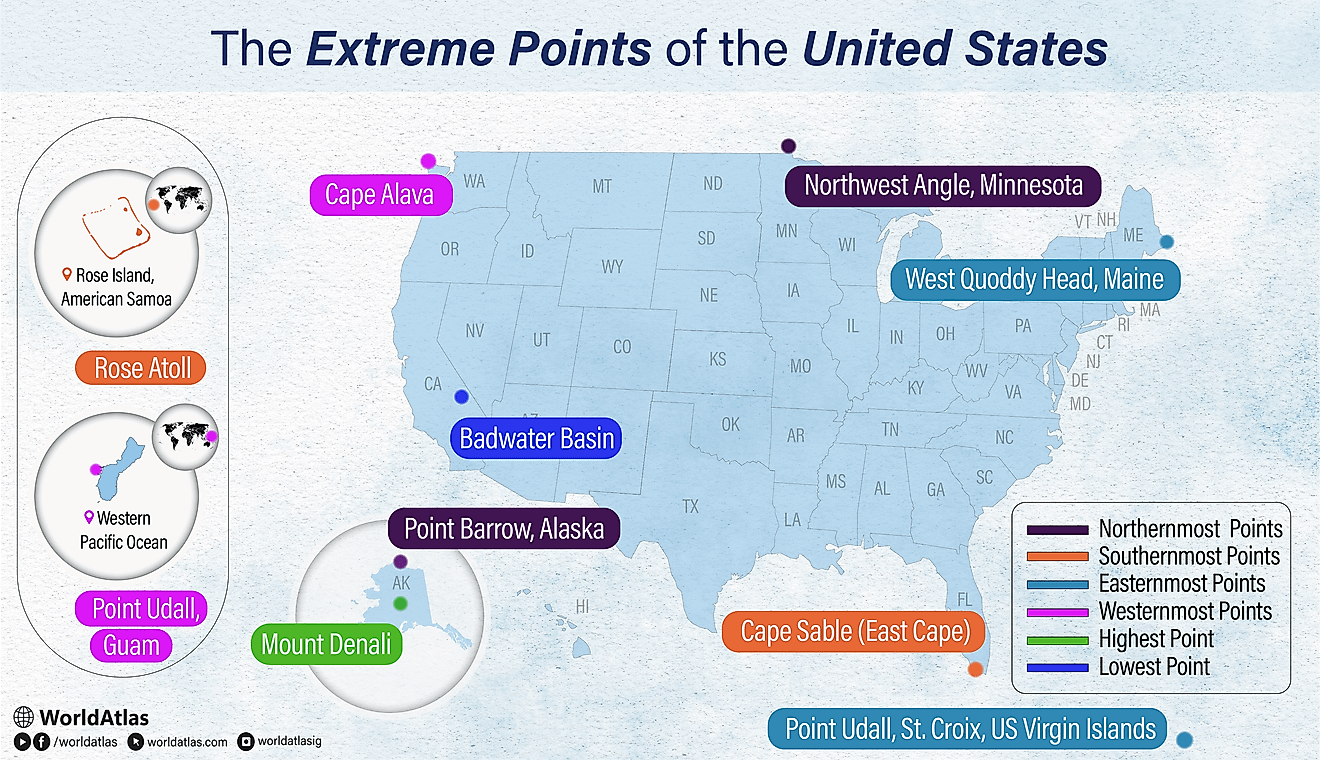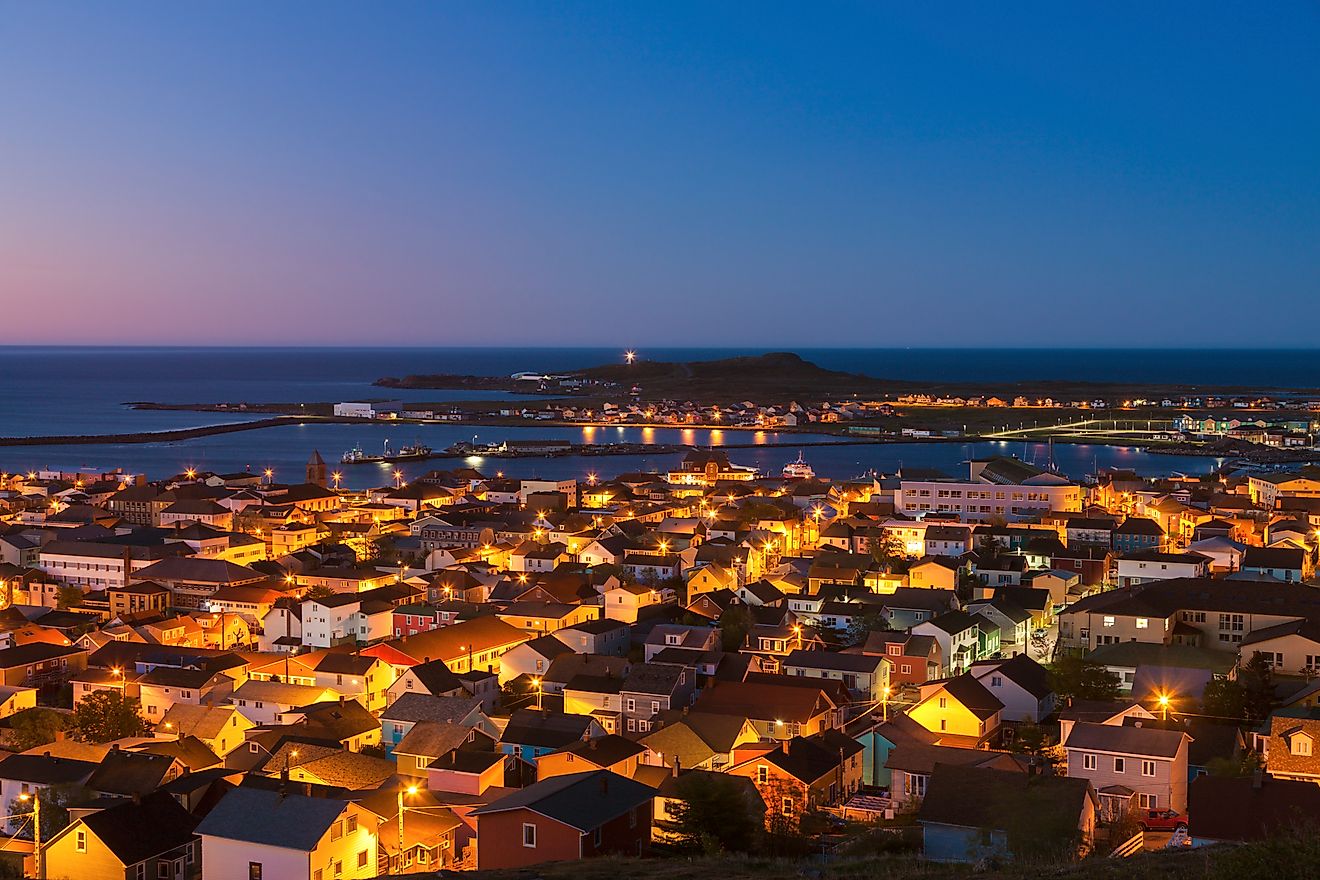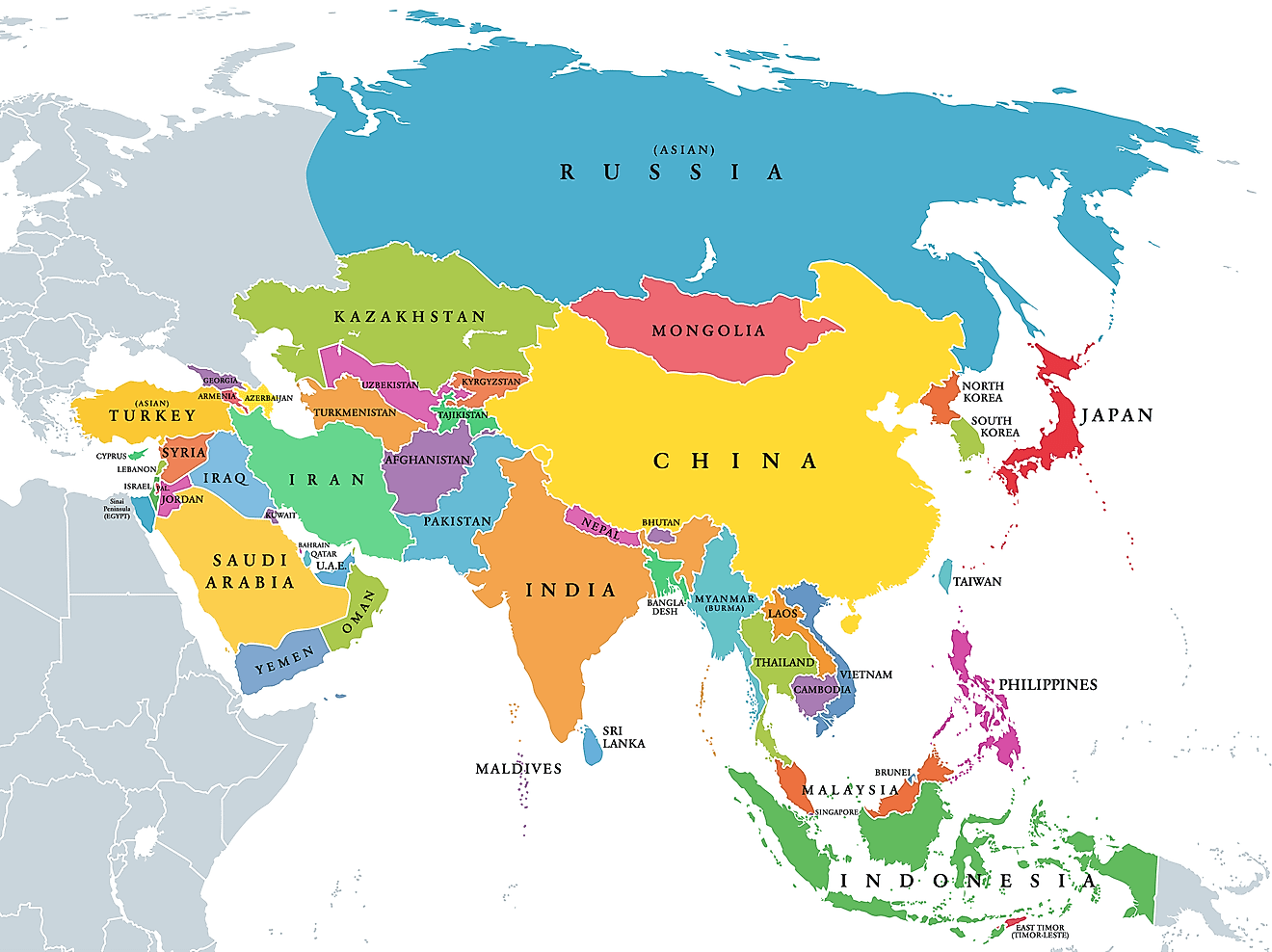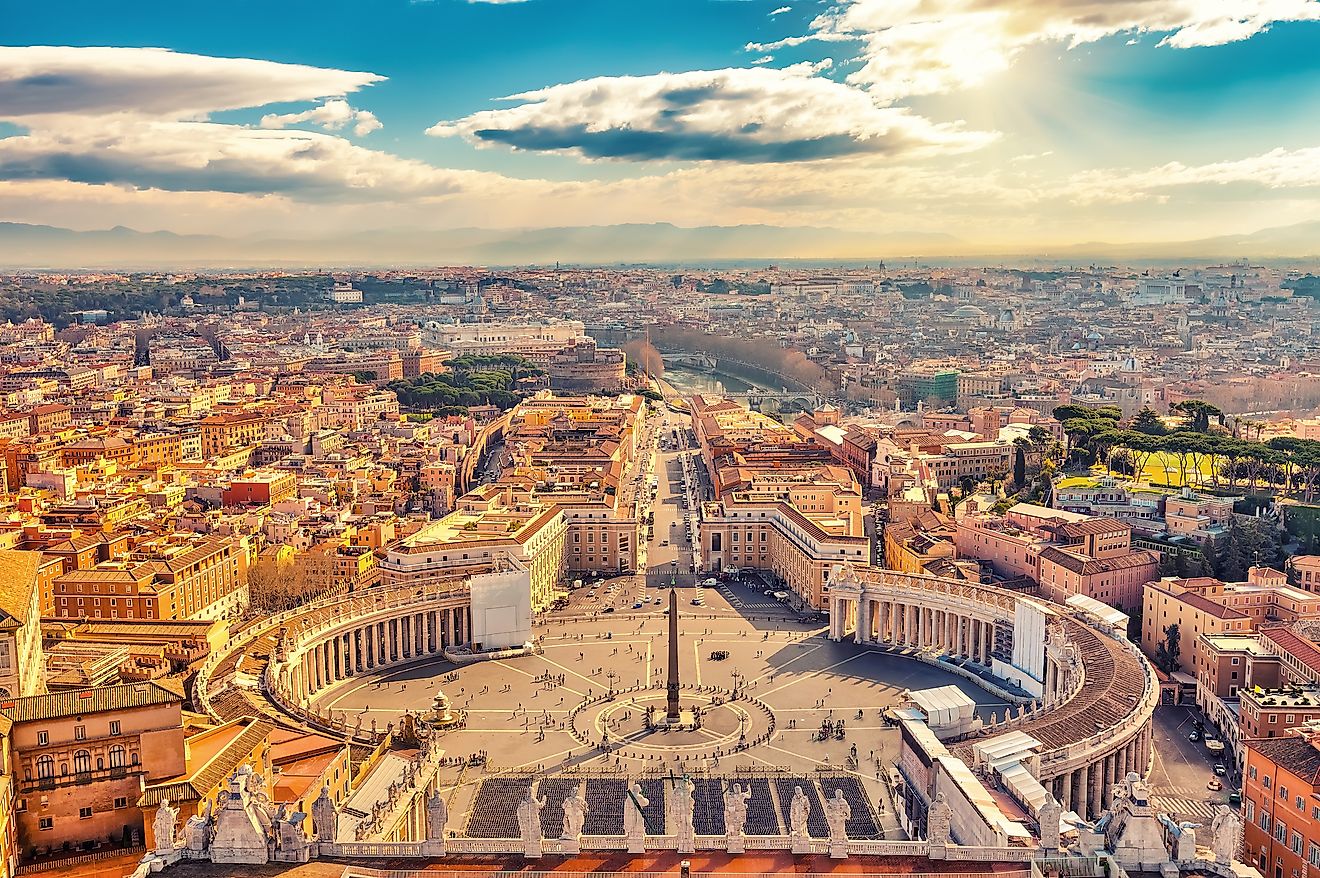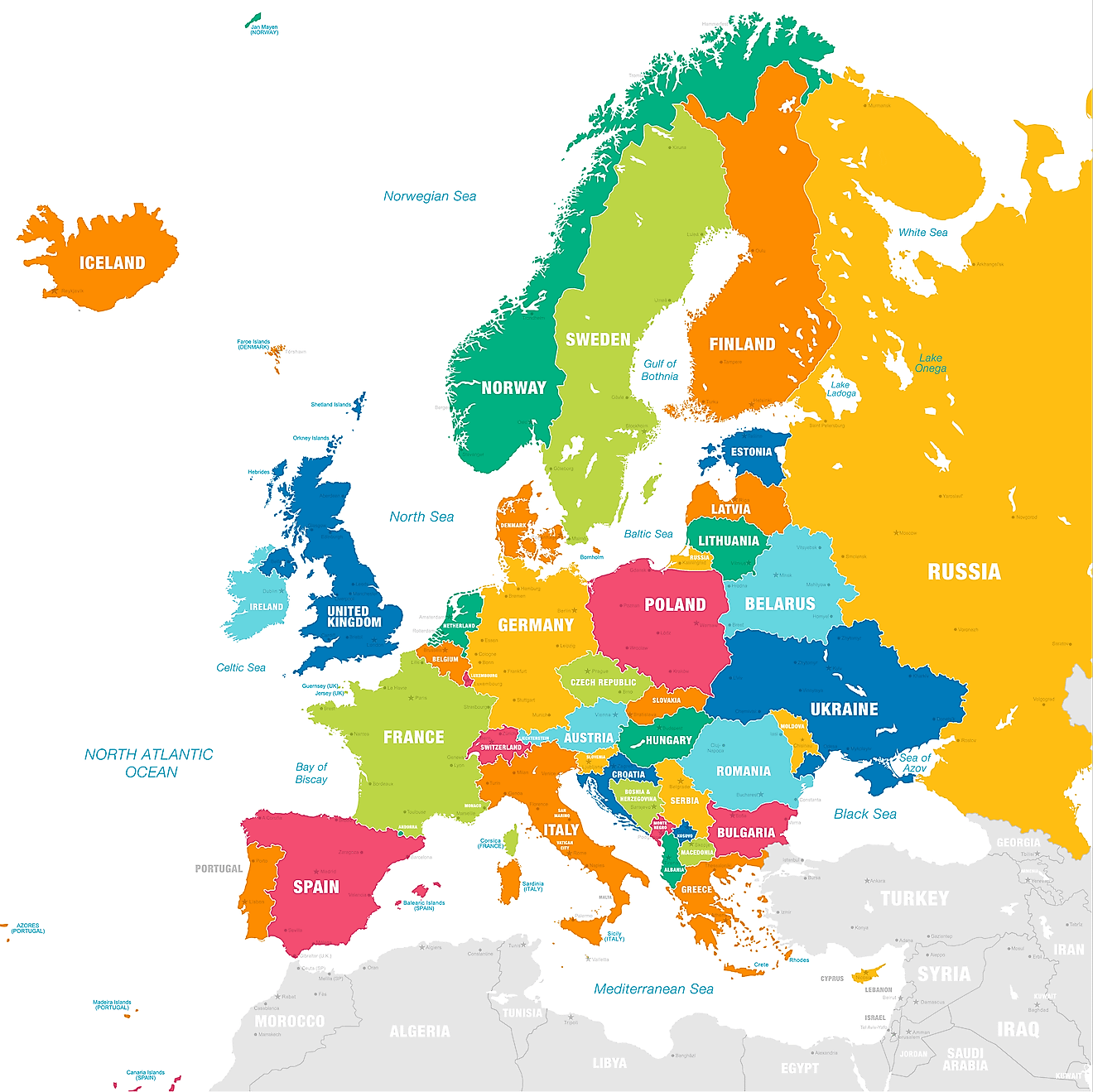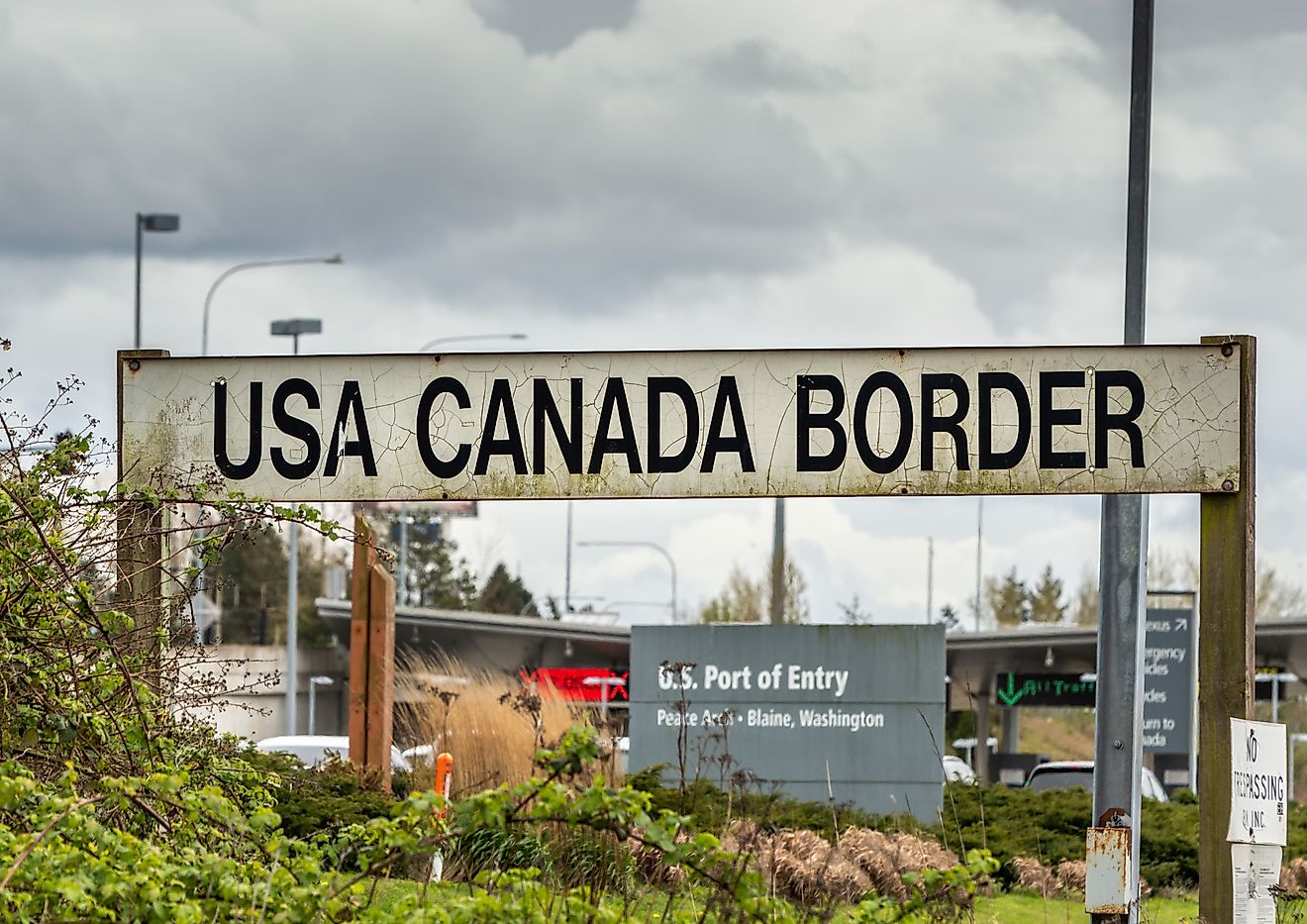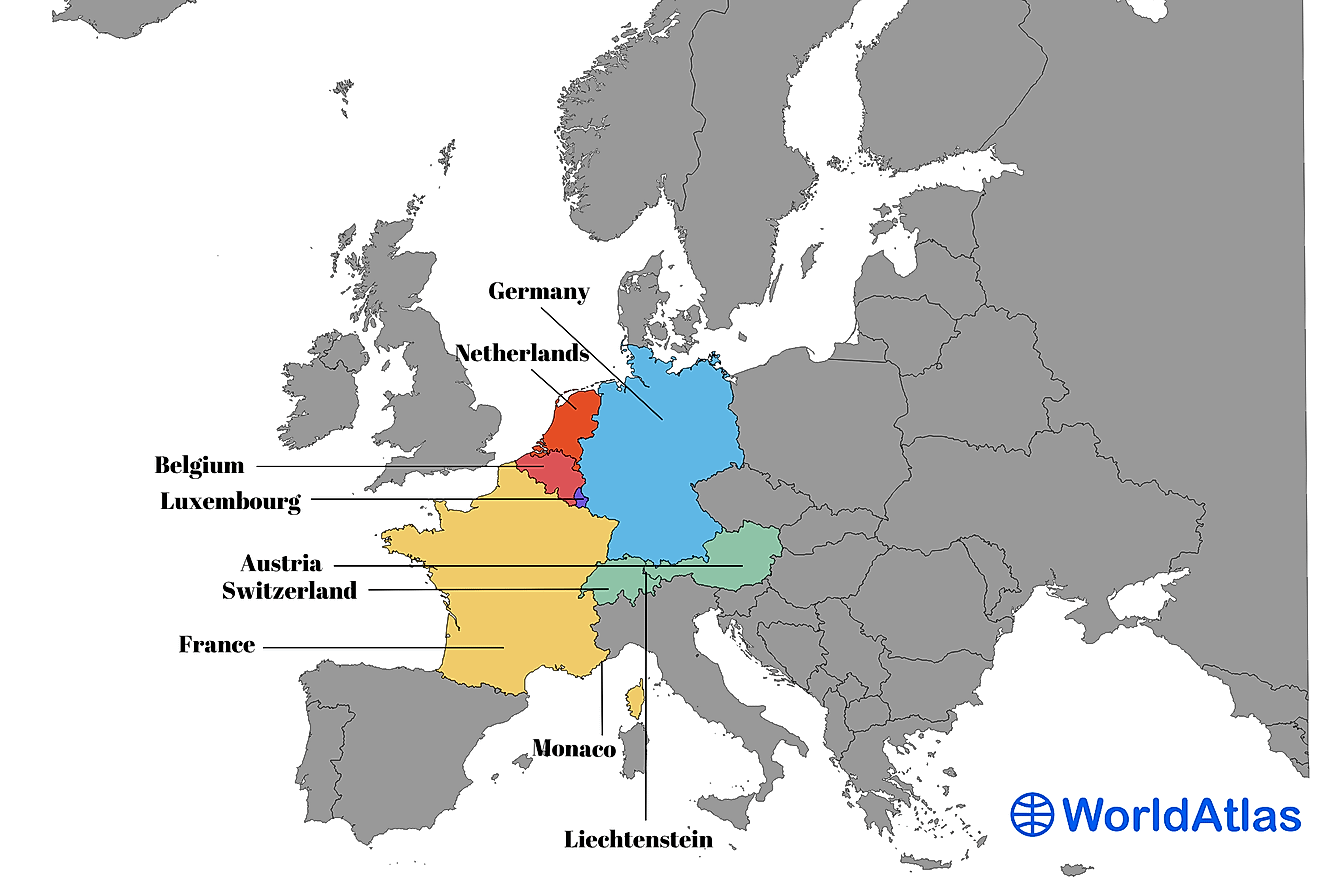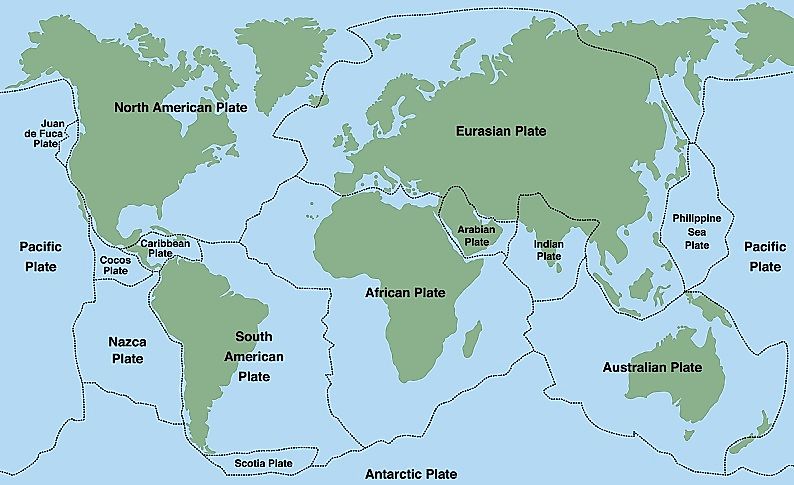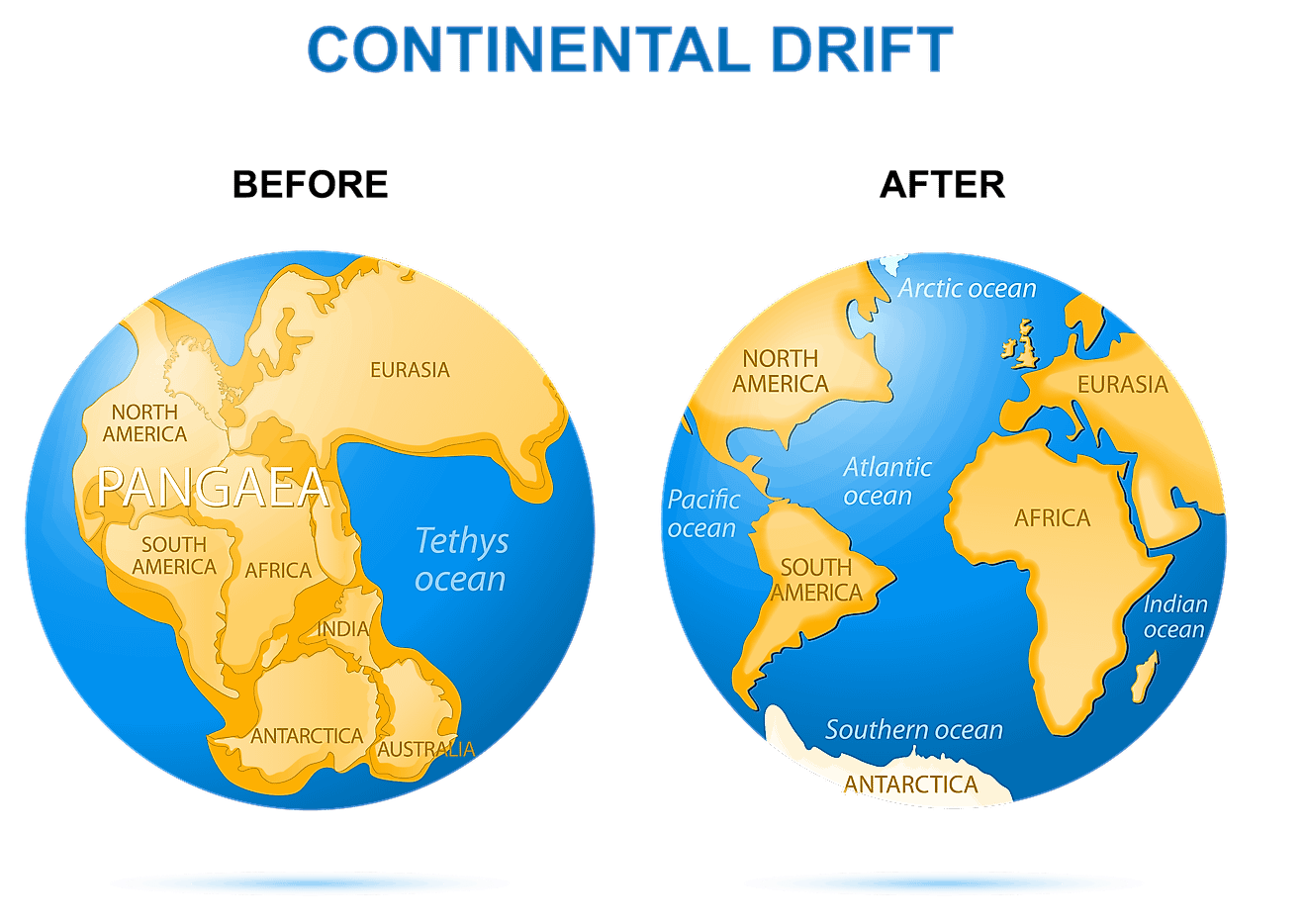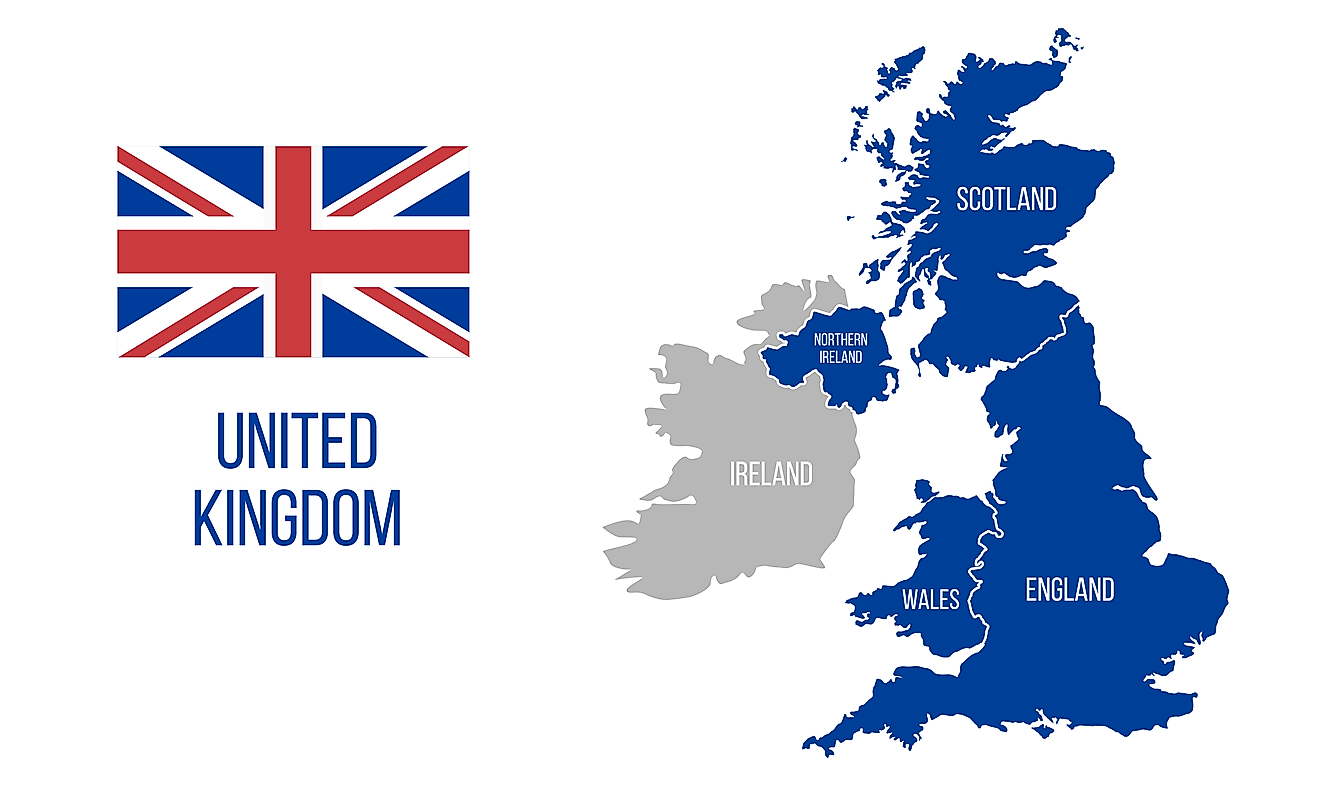
Countries That Start With The Letter W
There are currently no sovereign states whose English short-form names begin with the letter "W." Wales, however, is a constituent country of the United Kingdom, not an independent state, and its name begins with a "W."
The text below explains the origin of "Wales" and profiles other territories and regions whose names also start with "W."
Wales
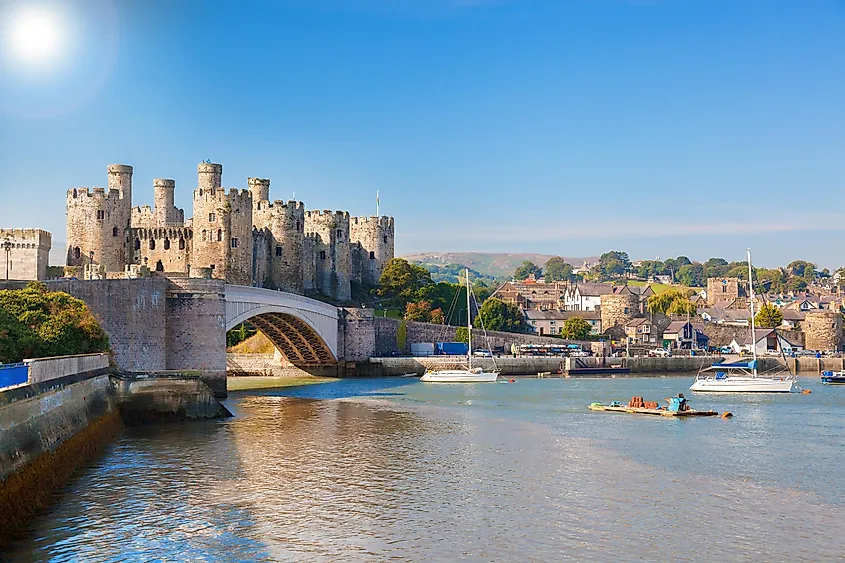
Wales is one of the four "constituent countries" that make up the United Kingdom (the others being Scotland, England, and Northern Ireland). A constituent country is a term that describes a region under administration by a separate power, and should not be confused with country. Located on the western side of Great Britain, Wales is known for its rugged coastline, rolling hills, and the majestic peaks of Snowdonia, the highest mountain range in southern Britain (Yr Wyddfa being the tallest peak, and maybe winning the number one spot for hardest to pronounce mountain world wide too). It has a population of 3,131,600 million as of 2022 and has a fairly diverse economy, mainly comprised of agriculture, forestry, manufacturing, and government, and a notable, yet relatively smaller, tourism industry.
People in Wales generally speak both English and the traditional Welsh language (Cymraeg), with over 97% of residents speaking either one or both languages as of 2021. Welsh is one of the oldest living languages in Europe and is spoken by a significant proportion of the population. This unique language and culture are celebrated in the annual Eisteddfod, a traditional festival of music, literature, and performance that usually takes place in August.
'Wales' traces to Old English Wealh, plural Wēalas, adopted from Proto-Germanic Walhaz, itself reflecting the Gaulish Volcae tribe’s name. Anglo-Saxon settlers applied the term to Britons and, by extension, their western territory; Wēalas gradually became 'Wales'. Cognate labels (Wallonia, Wallachia, Wallis) mark other Romance-speaking or Celtic lands across Europe today, still resonating widely.
Other Regions
Western Sahara: Africa's Last Colony
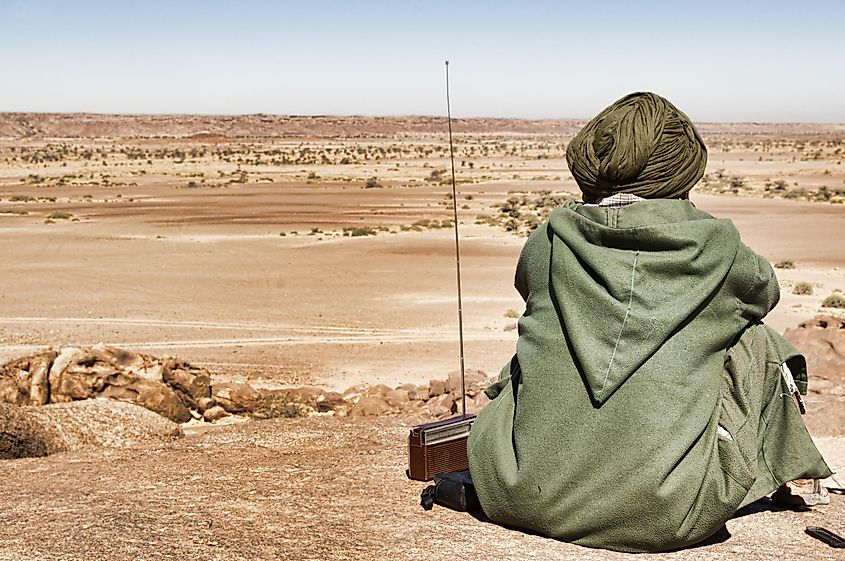
Western Sahara is a disputed territory located in the northwest of Africa, bordered by Morocco to the north, Algeria to the northeast, Mauritania to the southeast, and the Atlantic Ocean to the west. It covers an area of approximately 266,000 square kilometers, primarily consisting of the Sahara Desert landscape, with a sparse population of around 565,581 (as of 2021) concentrated in a few cities and refugee camps.
The region has a complex and complicated history of conflict and colonization. It was officially a Spanish colony from 1884 until 1975, when Spain withdrew, leading to a territorial dispute between Morocco and the indigenous Sahrawi people of the region, whose nationalist movement was known as the "Polisario Front." Following Spain's departure, Morocco claimed sovereignty over the Western Sahara, while the Polisario Front declared the establishment of the Sahrawi Arab Democratic Republic (SADR). This conflict triggered a war between the two sides, which eventually led to a ceasefire in 1991 under the supervision of the United Nations.
The political status of Western Sahara remains unresolved, with ongoing negotiations and UN-led efforts to find a lasting solution. The proposed UN-sponsored referendum on self-determination has yet to take place, leading to continued tensions in the region.
Life in Western Sahara is influenced by its challenging desert and mountain-covered environment and the prolonged conflict in the area. Refugee camps in Algeria house thousands of Sahrawis displaced by the conflict, where they rely heavily on international aid. Despite the hardships, the Sahrawi people maintain a strong sense of identity and continue to strive for self-determination, keeping their culture and traditions alive during a plethora of uncertain circumstances.
Wallis and Futuna: France's Remote Pacific Outpost
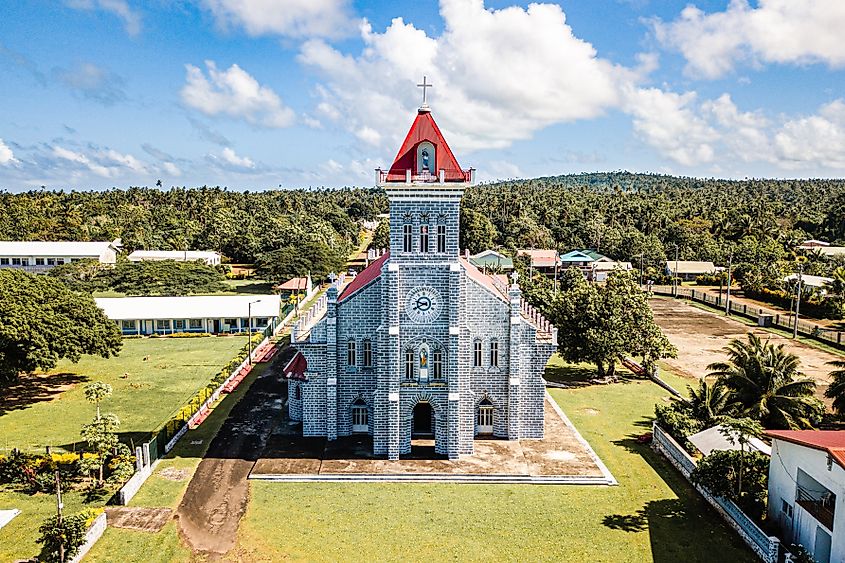
Wallis and Futuna is a French overseas collectivity in the South Pacific, consisting of two main island groups: Wallis (Uvea) and Futuna (with uninhabited Alofi). The territory spans 142.42 km2 and had a 2023 population of 11,151, mostly Polynesian. Governed under French law since 1961 and as a collectivité d’outre-mer since 2003, it retains traditional monarchies alongside French institutions. The capital is Mata Utu on Wallis Island.
Historically settled around 850 BCE by Lapita peoples, the islands experienced Tongan influence in the 15th-16th centuries and became French protectorates in the late 19th century. Catholic missionaries arrived in 1837, and Roman Catholicism remains dominant. Political life includes elected representatives and traditional kings, with one senator and one National Assembly deputy representing the territory in France.
The economy relies on subsistence agriculture, fishing, and remittances. GDP was estimated at US$212 million in 2019, with significant French financial support. Emigration to New Caledonia and France has led to a population decline. Only 5% of land is arable; deforestation and erosion are environmental concerns.
Wallisian and Futunan are widely spoken, although French usage is increasing. Education is provided through primary and secondary schools, with one senior high school. Healthcare is free in the two main hospitals. The region has minimal infrastructure, with limited roads, air transport, and no commercial sea routes. Volleyball and rugby are popular sports, and the territory competes in the Pacific Games. Wallis and Futuna maintains its cultural identity while operating within the broader French state system.
